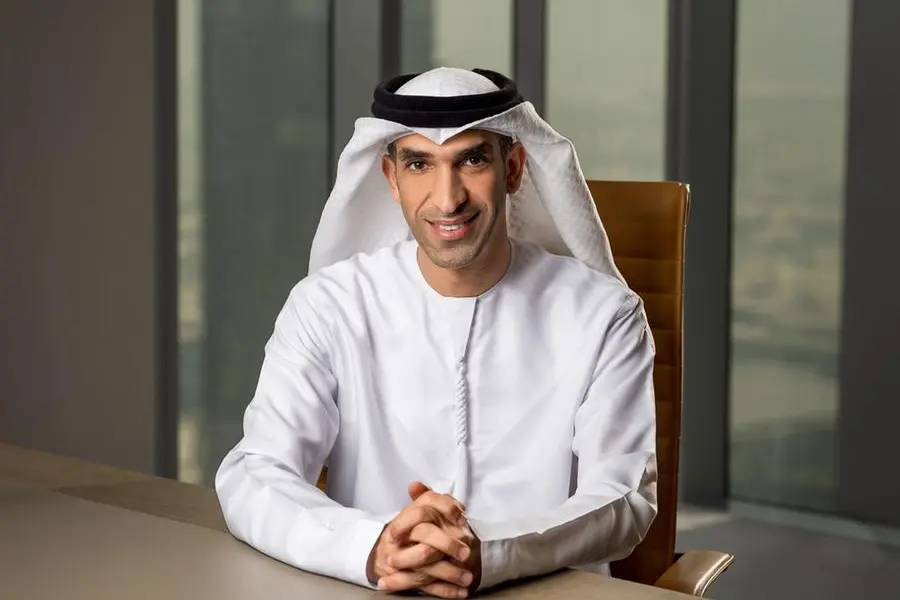By ARWA ABURAWA
November 23, 2009
Eid al-Adha is almost here and Muslims across the world are preparing
to commemorate Prophet Abraham’s near-sacrifice of his son Ismael by
doing what we do best: eating lots and lots of meat.
At the heart of this celebration however, especially in the West, is
the controversial issue of what makes our meat halal or permissible. Is
an animal that has been raised in conditions so extreme that they have
been called concentration camps halal to eat? Is it halal that they are
fed animal waste and pumped with steroids and antibiotics just to keep
them alive? A growing number of concerned and environmentally-conscious
Muslims are coming to the conclusion that they couldn’t possibly be
halal and are turning to organic, zabiha meat instead.
Scholars have been divided on the issue of what makes meat halal for
centuries, with the bulk of the current debate focusing on aspects of
slaughter and the role of stunning. For organizations such as Green Zabiha based in Sterling, Virginia and Abraham Natural Produce
in the UK- which both sell organic zabiha halal meat – this misses this
point. “Halal isn’t just the point of slaughter,” explains Ali Carr of
Abraham Natural Produce. “It starts from the conception of the animal
and making sure it’s healthy, happy and living at one with the
environment.” He goes on to explain that the main barrier to achieving
this is the intensive farming of animals (or factory-farming) which is
widespread in the meat industry and whose main objective is getting an
animal from birth to slaughter in the quickest time possible and at the
lowest cost.
Animals are crammed into tiny spaces, fed processed animal by-products
and manipulated to grow quicker so that they can be slaughtered at an
early age. They are fed everything from ground up chicken manure to
chicken and pork waste products which the United States Department of
Agriculture has determined are allowable food sources. “Another thing
with intensive farming is that animals get ill. For example chickens
grow with deformed legs as they can’t move and so they are fed on the
floor until they are big enough to be taken to the abattoir. I mean,
you have to ask yourself, is that halal?” adds Carr.
Many farmers also deal with disease-prone animals by adding antibiotics
and medication to their feeds which not only compromises the
nutritional value of the meat but also carries unquantifiable health
implications for us as the consumer. Yasir Syeed, whose company Green
Zabiha grew out of his effort to provide better meat for his family,
insists that if we all woke up tomorrow and there were no factory farms
the world would be a better place. “To think that US beef is not
allowed to be exported into the European Union due to the amount of
chemicals in it is shocking, and let’s not forget the environmental
implications of factory farming.”
To feed the huge numbers of animals, pesticides and herbicides are
used to grow their food rapidly and the livestock also ‘emit’ methane
which actually warms the planet 20 times faster than C02. In response
to these practices, both Green Zabiha and ANP only supply meat from
animals raised in organic farms where they are allowed to wander in
pastures and eat long grass like nature intended. They both also
personally visit the farms to make sure that animals are being treated
well and meet their standards.
“I want a cow to be able to act like a cow and for a chicken to run
around scratching the dirt and eating bugs,” explains Syeed. “That way
the meat we eat will nourish us not only physically but also
spiritually.” Indeed, Syeed’s work is motivated by a belief that the
food we eat not only affects us physically but also spiritually and
allowing animals to live in better harmony with their nature enables us
to live in better harmony with everything around us. “I am not trying
to judge people and tell them what is halal or haram but I believe that
if you are eating tortured animals, there will be some ramifications
spiritually.” Hence the company’s tagline ‘A blessing in every bite’.
Abandoning factory farmed animals does however reduce the amount of
meat being produced and so yes, we might have to eat less meat in the
future but Syeed and Carr argue that it would taste better, be more
nutritious and ultimately more halal. Even so, reactions to organic
halal meat amongst the Muslim community has been mixed and Syeed found
that whilst some Muslims were supportive others were very dubious about
the concept. “They are like ‘Come on guys, what’s all this about?’ so I
just mention some of the stuff that goes on and what they feed animals
and people are shocked like there is no way that this would be allowed
to happen.”
But sadly it does happen and the non-organic halal industry will
probably continue to exist, regardless of rising awareness of the
questionable practices of factory farms, as some people only care about
one aspect of their meat: the price. Now that is food for thought.


